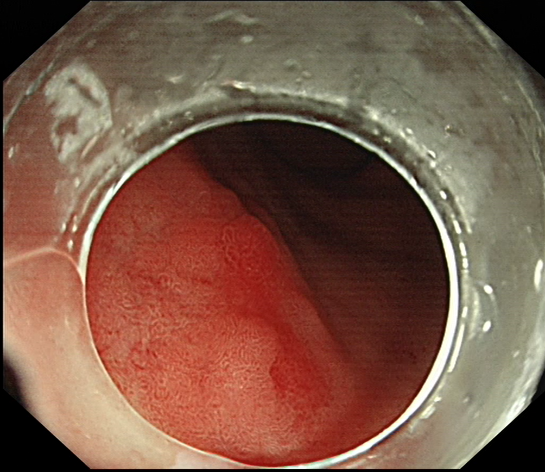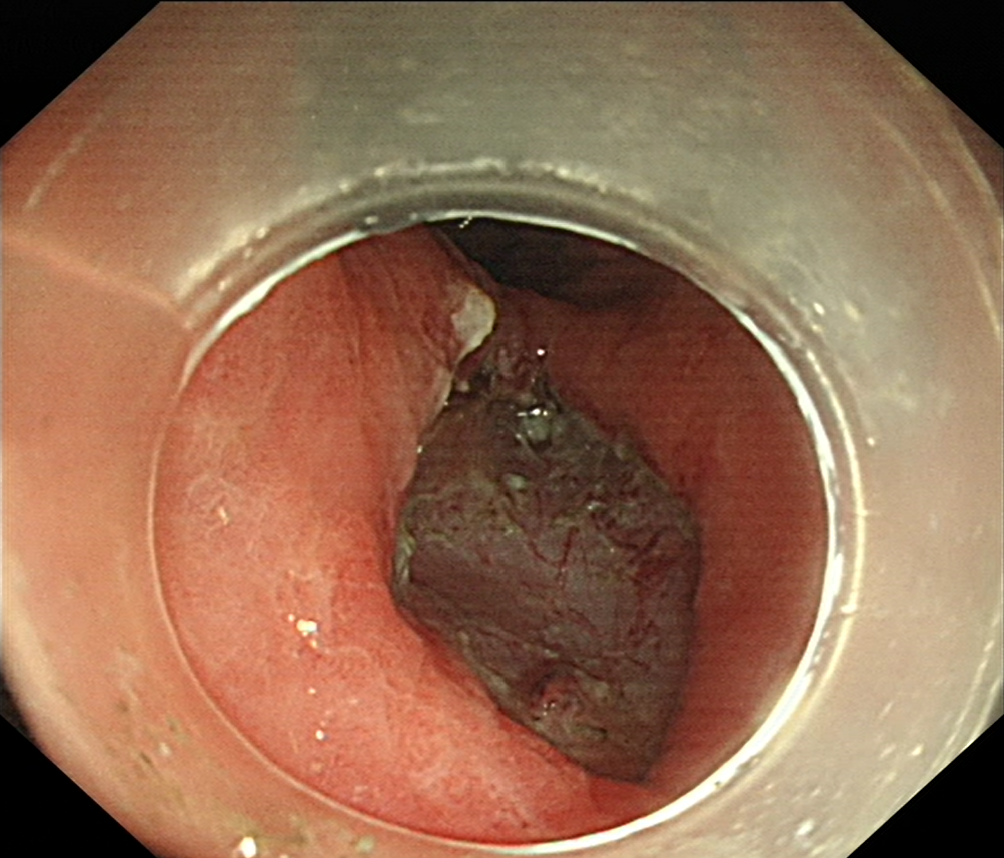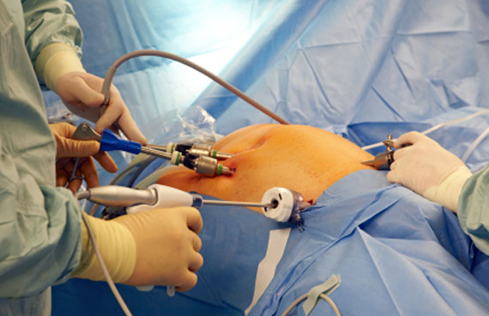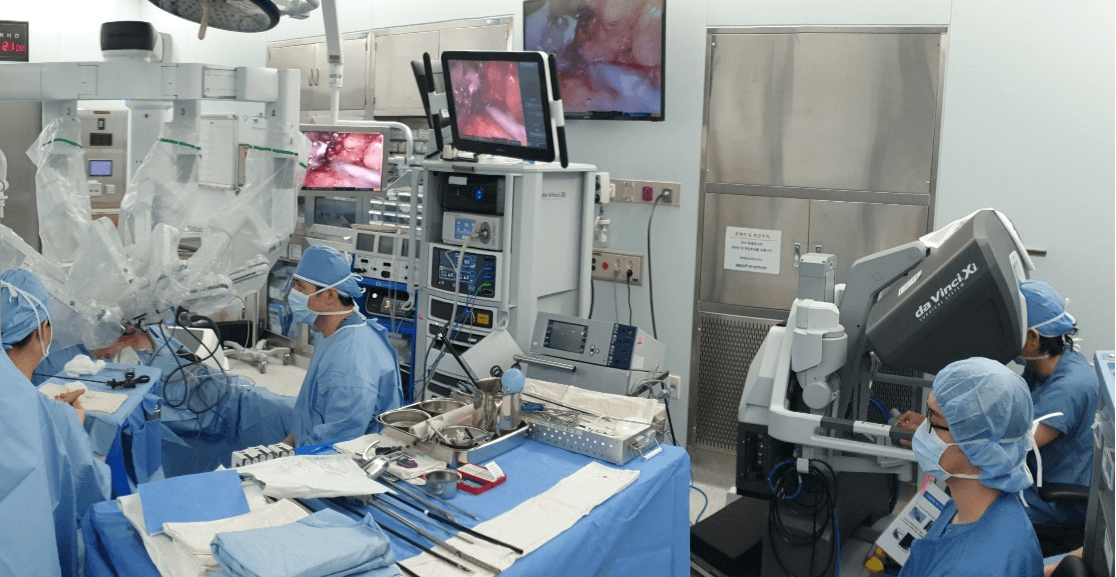Gastric Cancer (Stomach Cancer)
Understanding Gastric Cancer in Singapore: Symptoms, Causes, Diagnosis, and Treatment Options
Stomach cancer, also known as gastric cancer, begins when cells in the stomach grow out of control. These abnormal cells can form a tumor and potentially spread to other parts of the body if not treated early. It is a common cancer worldwide especially in some Asian countries. It is one of the top 10 cancers in Singapore and also one of the top 10 causes of cancer deaths in Singapore. There are several types of stomach cancer.
Causes and Risk Factors
While the exact cause of stomach cancer isn’t always clear, several factors can increase your risk:
- Helicobacter Pylori Infection: A common bacterium in the stomach.
- Diet: High intake of smoked, salted, or pickled foods.
- Genetics: Family history of stomach cancer or certain genetic conditions.
- Smoking: Increases the risk of many cancers, including stomach cancer.
Symptoms
Early stages of stomach cancer often show no symptoms. As the cancer progresses, you may experience:
- Persistent indigestion or heartburn
- Upper abdominal pain or discomfort
- Feeling full or bloated after eating small amounts
- Difficulty swallowing
- Nausea and vomiting
- Loss of appetite
- Unexplained weight loss
- Black-coloured stools
- Tiredness due to anaemia
Diagnosis
If you experience any of the symptoms mentioned, the doctor may refer you to see a specialist after asking about your personal and family medical history and a physical examination.
Diagnosing and staging stomach cancer typically involves:
- Endoscopy (Esophagogastroduodenoscopy). A biopsy (removing a small sample of tissue for examination under a microscope) is usually performed to confirm the diagnosis.

- Computed Tomography Scan (CT Scan)
- Endoscopic Ultrasound (EUS) may be done in some patients
- Diagnostic Laparoscopy: this is a simple “key-hole” / minimally invasive operation to stage stomach cancer

Treatment Options
Treatment for stomach cancer depends on the stage, type of cancer, position of cancer, and other factors like the patient’s age and general health, but may include:
- Endoscopic Resection:this method of removal of the tumor is reserved for selected patients with early stage 1 cancer.


- Surgery (Gastrectomy):to remove the tumor and possibly part of the stomach.
- Total gastrectomy surgery is done when the entire stomach needs to be removed. Various forms of partial gastrectomy surgery are done when only part of the affected stomach needs to be removed.
- Surgery can be minimally invasive (“key-hole”), laparoscopic or open. Robotic gastrectomy can be an excellent choice in suitable patients in expert hands.


- Chemotherapy:to kill cancer cells and shrink tumors. It can also be used after the surgery to kill the remaining cancer cells. The chemotherapy drug type is dependent on the type of cancer.
- Radiotherapy: can be used before the surgery to shrink the tumour. It can also be used after the surgery to kill the remaining cancer cells. Radiation therapy is often combined with chemotherapy. Radiation therapy can result in diarrhoea, indigestion, nausea and vomiting.
- Targeted therapy:Drugs that target specific abnormalities in cancer cells.
Prevention
While not all cases of stomach cancer can be prevented, you can lower your risk by:
- Eating a balanced diet:High in fruits and vegetables, low in processed foods.
- Quitting smoking
- Treating H. pylori infections:if diagnosed early.
- Knowing your family history: and discussing it with your healthcare provider.
Conclusion
If you experience persistent symptoms or have concerns about stomach cancer, don’t hesitate to reach out to our clinic at Crest Surgical Practice in Singapore. Early detection and treatment can significantly improve outcomes. Our team in Singapore is here to support you through every step of your journey.
For more information or to schedule an appointment with Dr Kim Guowei, our general surgeon who subspecialises in upper gastrointestinal surgery in Singapore, please contact us today.
Book Appointment
Book your consultation today for expert surgical care.
